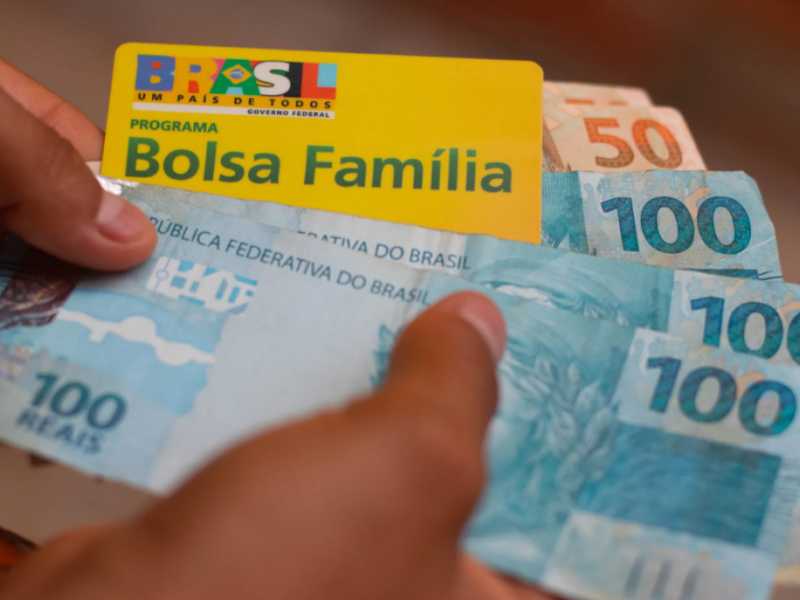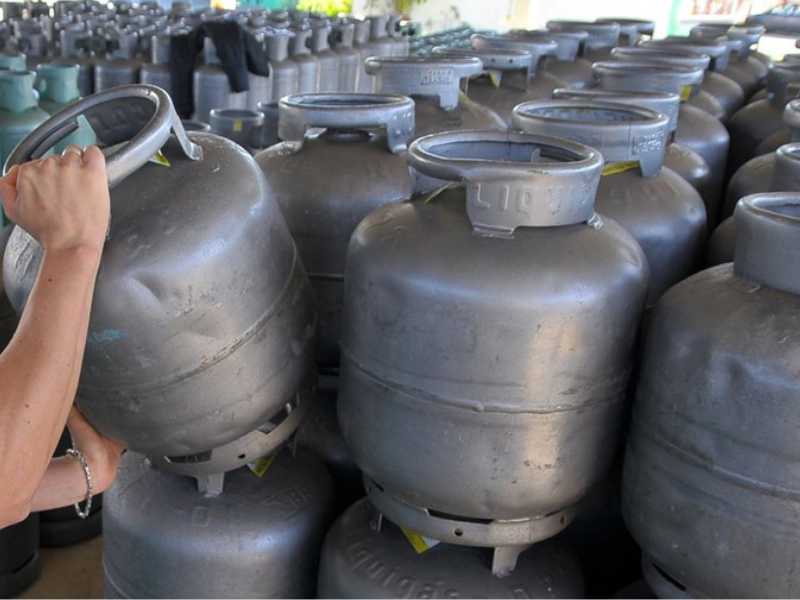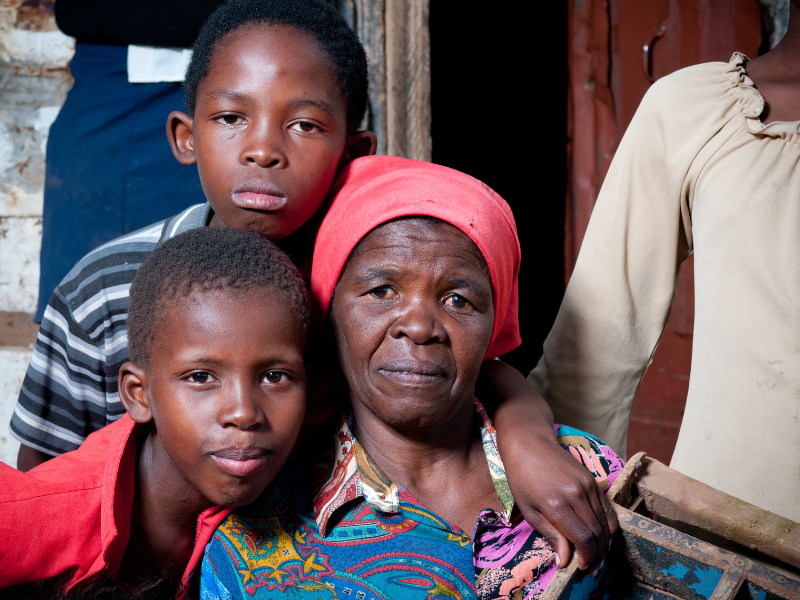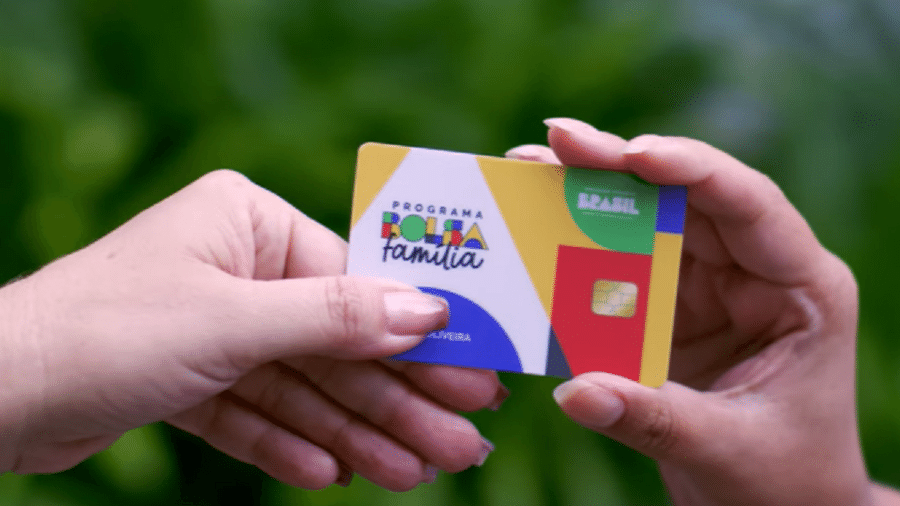Advertisements
THE Social Rent It is a program created to support families in vulnerable housing situations, offering temporary assistance with rent payments.
This initiative has been crucial for people facing hardships such as natural disasters, evictions or inadequate housing conditions.
To help you understand and participate in this program, this guide provides a complete step-by-step guide on how to register, the necessary requirements and what to expect after registration.
Advertisements
What is Social Rent and how does it work?
THE Social Rent is a temporary financial benefit offered by the federal, state or municipal government, intended for families who face difficulties in securing decent housing. It works as a monthly subsidy that can cover part or all of the rent, depending on the family's situation and the region where the program is available.
The aid is provided through partnerships between government agencies and property owners, ensuring a safe home while the family works to reestablish their financial stability.
Advertisements
Who can benefit?
The program is aimed at:
- Low-income families who cannot afford rental costs.
- People displaced by natural disasters such as floods or landslides.
- Residents of risk areas who need to be relocated.
- Families impacted by expropriations resulting from public works.
Requirements to participate in Social Rent
Before you begin the application process, it’s essential to ensure that you meet the program’s eligibility criteria. While requirements may vary by region, the most common criteria include:
Eligibility Criteria
- Family income: Typically, the program serves families with a monthly income of up to three minimum wages.
- Vulnerable situation: Being homeless due to natural disasters, living in risk areas or being in a situation of extreme poverty.
- Fixed residence: Reside in the municipality where the program is available for a minimum period (varies depending on the location).
- Single Registry: In many regions, being registered in the Single Registry for Social Programs is a prerequisite.
Required Documentation
The documents required to apply for Social Rent include:
- ID and CPF of all family members.
- Updated proof of residence.
- Proof of income, such as pay stubs or self-employed statements.
- Technical reports or reports proving the housing risk situation.
- Birth or marriage certificate.
- Social Identification Number (NIS), in case of participation in the Single Registry.
Make sure all documents are up to date and, if possible, with certified copies, to avoid delays in the process.
How to register for Social Rent?
The process of applying for Social Rent may vary depending on the municipality or state. However, there are basic steps that apply in most cases:
1. Access the official website or go to the city hall
- Many city and state governments provide an online portal for registering for the program.
- If there is no digital platform, registration can be done in person at social assistance departments or reference centers (CRAS).
2. Fill out the application form
- When accessing the portal or going in person to the indicated location, you will need to fill out a form with personal and family information, such as income, number of dependents and housing situation.
3. Submit the documentation
- Gather all the necessary documents and submit them via the online portal or deliver them in person at the indicated location.
- Some regions offer in-person support to check documentation and provide guidance on pending issues.
4. Wait for the analysis
- Once submitted, your application will be reviewed by the appropriate authorities. This step may include visits from social workers to confirm the veracity of the information.
Monitoring and updating the registry
After registering, it is important to track the status of your application. This can be done by:
- Online, on the program’s official portal.
- By notifications sent via SMS or email.
- In person, at the place where registration was made.
If there are any changes in your income or family situation, update this information immediately. Failure to do so may result in disqualification from the program.
What to expect after registration?
After the analysis, candidates are informed about the approval or rejection of the benefit. If approved, you will receive guidance on:
- How to access the benefit: The aid can be paid by bank transfer, card or directly to the property owner.
- Deadlines and renewal: Social Rent is temporary, generally valid for 6 to 12 months, but can be renewed in specific situations.
If your application is denied, try to understand why and, if possible, adjust your situation to apply again.
Tips for efficient registration
- Organize the documentation: Ensure all documents are up to date and complete.
- Pay attention to details: Errors in the form may delay or invalidate your request.
- Follow up regularly: Monitor order status to avoid missing deadlines or important communications.
Conclusion
THE Social Rent is a crucial tool to ensure that families in vulnerable situations have access to decent housing. Although the application process requires organization and attention, it is accessible and can transform lives.
If you or someone you know needs this assistance, follow this guide, organize your documentation and seek information on official channels in your region. The safety of a home is closer than you think!
Sign up for Social Rent by clicking here!























